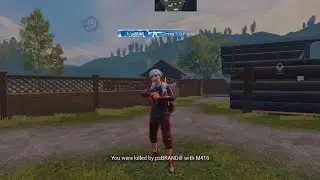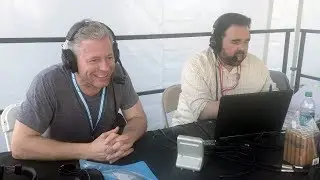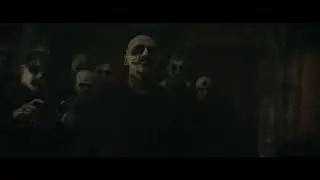NWSI 2022 International Aspects of Wilderness
Description:
Presentations on the progress being made to protect wild nature and people
Presentations & Presenters:
"Communities, Wilderness and Conservation" - Bhavna Menon, Programme Manager, Last Wilderness Foundation
A Psychology graduate with a postgraduate degree in Journalism, Bhavna's love for nature and the wilderness started with a visit to Kanha Tiger Reserve in the State of Madhya Pradesh, India. This trip, taken during her school days, had her smitten with the wild and inculcated in her the desire to be deeply involved in forested landscapes. For the last 13 years she has been part of wildlife conservation as the Program Manager of the Last Wilderness Foundation (LWF). The main focus areas for LWF are mitigation of Human-Wildlife conflict and the creation of alternative sources of livelihood for community members living around tiger reserves, so as to encourage community participation for landscape protection. Her dream is to continue working with tribal community members for a long time to come, and constantly expand her conservation vision and endeavors.
"The Value and Uses of Wilderness and Nature-based Therapy During COVID" - Jo Roberts, CEO, Wilderness Foundation UK, Outdoor Therapist, Nature Advocate
Jo shares the work that the UK Foundation is doing to connect people to the natural world and how important this became during Covid. The Foundation has a background of many years of research into the impact of wilderness therapy trails and nature-based immersion programmes on positively impacting mental health and behavioral issues. This research is shared widely to provide evidence to why we need to protect the green and wild spaces on which our mental health and wellbeing depends.
"The Experience of a Wilderness Trail in Africa" - Cherryl Curry, CEO, Wilderness Leadership School, Ambassador for Wilderness
Wilderness Trails help nurture one’s understanding of what a leader is, teamwork, ethics and judgement. The trail experience helps develop self-reliance, improves judgement, decision making, respect, and a sense of responsibility that helps leaders thrive in today’s rapidly changing business landscape. Reconnecting with nature at such a profound level changes the way you see the world; changes the way you see yourself and your experiences in the modern world.
"Rewilding, Animating the Carbon Cycle" - Vance Martin, President of WILD Foundation (USA) and Wilderness Foundation Global (South Africa); Founder/Chair, Wilderness Specialist Group (IUCN/WCPA)
Our first priority as conservationists is to protect the remaining wilderness on land and sea. Our second priority is to rewild the huge amounts of land and seas that have been pounded by the hammer of human ‘development’ and are perfect and necessary candidates for rewilding. Rewilding plays a central role in meeting our climate and biodiversity targets and avert major ecosystem tipping points that are existential threats to all life on earth. Wildlife plays a virtually unknown and/or highly undervalued role in this action, one that is now being called “Animating the Carbon Cycle”. The impact of recovering biodiversity, particularly animal species, plays a critical role in controlling carbon uptake and storage in ecosystems and can be considered the key to uniting the climate and extinction crisis and thereby vastly improve our chances to address these emergencies.







